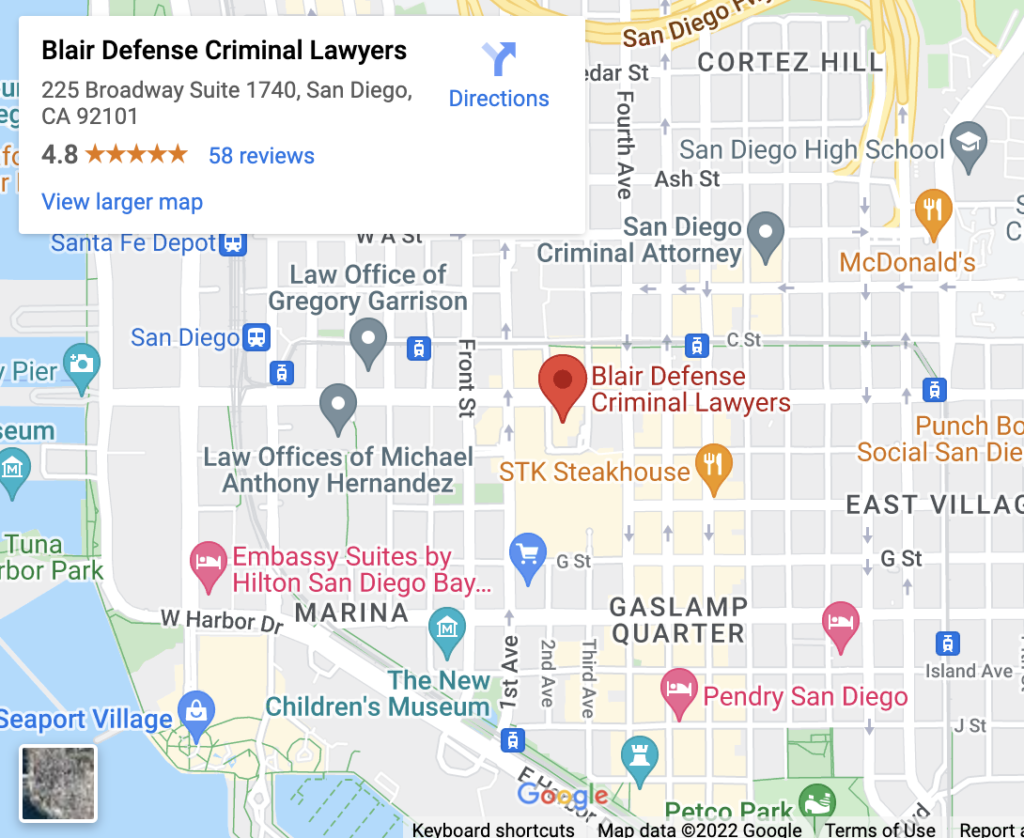
If you or a loved one is facing criminal charges related to a ‘crime against the person,’ it’s important to understand what these crimes entail and the potential consequences you might face.
To better understand what crimes against a person are, it’s also helpful to learn about the other categories of crimes.
Table of Contents
Crimes Against Property

Crimes against property are a category of crimes involving interference with another person’s right to use or enjoy their own property. For example, this can include theft, arson, criminal trespass, embezzlement, and burglary.
It could also cover less obvious acts that deprive someone else of control or enjoyment of their possessions without physically taking them entirely, like vandalism.
Crimes Against Society
Crimes against society, which are often referred to as “victimless crimes,” involve acts that do not seem to harm a distinct or clear victim but are considered illegal because they challenge societal norms or present potential issues for wider community wellbeing.
Actions like gambling, prostitution, and certain drug use and possession charges fall under this category.
Crimes Against the Person
Crimes against the person, as their name suggests, are offenses that directly harm or threaten harm to an individual human being. These types of crimes can range in severity quite a bit. Some of the most common examples of crimes against the person include:
Homicide
In California, homicide broadly refers to the act of one person causing the death of another, which is considered a crime against the person.
When facing charges in California for an unlawful killing, there are seven specific categories: capital murder, first-degree murder, second-degree murder, felony murder, voluntary manslaughter, involuntary manslaughter, and vehicular manslaughter.
Penalties for Homicide in California
In California, the penalties for homicide vary greatly from case to case. Every category of unlawful killing is severe, and all types are classified as a felony except vehicular manslaughter, which can be charged as either a misdemeanor or a felony.
The punishment will depend vastly on the specific circumstances and specific charge you’re facing; it could range from relatively short jail time or even probation up to life imprisonment without the possibility of parole.
Rape
In California, the crime of rape is described as non-consensual sexual intercourse achieved through force or threat of force.
However, it’s important to note that these aren’t the only grounds on which an act can be classified as rape. Coercion through duress, menace, fear of immediate bodily injury, fraud, and trickery can still be considered acts of rape.
The law also recognizes scenarios in which a person may not have been physically restrained or forced but was unable to give consent due to reasons such as incapacity or intoxication.
Penalties for Rape in California
In California, rape is considered a severe crime, and the penalties for it are substantial. A conviction commonly leads to several years in prison (usually between 3 and 8 years) and mandatory lifetime registration as a sex offender.
If the victim of sexual assault is under the age of 18, or if they have sustained serious bodily injury during the attack, these aggravating factors can make penalties more severe.
Additionally, a conviction for charges of rape will count as one “strike” under California’s Three Strikes law. The penalty is a mandatory sentence of life in prison if convicted of three strike offenses.
Kidnapping
Under California law, kidnapping is defined as the moving of another person over a significant distance without their consent through the use of force or fear. You may also face more serious criminal charges of aggravated kidnapping – for example, in cases involving a victim under 14 years old or when the kidnapping is associated with ransom demands, among others.
Kidnapping Penalties in California
Kidnapping is a serious crime in California and carries significant penalties. As a felony, simple kidnapping can lead to up to 8 years in state prison when convicted.
However, when convicted of aggravated kidnapping, the sentence could be elevated all the way up to life imprisonment if the victim is a child, the victim is injured or killed, a ransom is demanded, or the kidnapping was part of a carjacking.
Common Legal Defenses to Crimes Against The Person
Exploring the available legal defenses is a critical step in fighting charges of crimes against the person. Some of the most common ones that can be raised include:
Self-Defense
When asserting self-defense, you are arguing that you had a reasonable belief that you were facing imminent harm of serious bodily injury or death, and that any force you used in response was reasonable and in proportion to the threat you faced.
For example, let’s say you were punched in the face once, and the person then turned to walk away. If you responded by hitting them in the head with a baseball bat, this likely wouldn’t be proportionate or reasonable.
Mistaken Identification
Mistaken identity is unfortunately common in criminal cases. Therefore, it’s possible for you or your lawyer to raise doubt about whether you were the perpetrator. This might involve questioning the reliability of witness testimony or pointing out inconsistencies in their description of the alleged perpetrator.
Alibi
An alibi defense involves providing evidence that you were somewhere else when the alleged crime took place, making it physically impossible for you to have committed the act. An alibi can be provided in multiple forms, such as videos, photos, receipts, or testimony from an eyewitness who can confirm your whereabouts at the time of the alleged crime.
Unlike other defenses where a defendant may admit involvement but seek to justify their actions, an alibi firmly asserts innocence.
Consent
Consent can be a defense to crimes against the person, such as sexual offenses or even theft charges in some cases. Proving that you had consent for the activities alleged can be difficult, but it’s not impossible.
This defense often depends on credibility and testimonial evidence rather than physical evidence. Examples include texts or emails that suggest consent as well as testimony from witnesses who may have heard or observed consenting behavior and conversation.
False Allegations
False allegations are also unfortunately common, and this defense involves demonstrating that the accuser is lying about the incident. This often comes down to credibility and finding holes in their version of events along with providing a potential motive.
Contact a San Diego Criminal Defense Attorney for Legal Assistance
Understanding crimes against a person, along with possible penalties and defenses, is essential when faced with these charges. If you find yourself in this situation or if you believe you may soon be facing charges, don’t try to handle it on your own. Contact our attorneys at Blair Defense Criminal Lawyers to schedule a free consultation with a San Diego criminal defense attorney. You can call us at (619) 357-4977.

